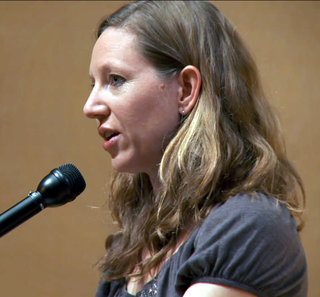A Quote by Dallas Willard
Solitude well practiced will break the power of busyness, haste, isolation, & loneliness.
Related Quotes
Loneliness is different than isolation and solitude. Loneliness is a subjective feeling where the connections we need are greater than the connections we have. In the gap, we experience loneliness. It's distinct from the objective state of isolation, which is determined by the number of people around you.
Solitude is a condition of peace that stands in direct opposition to loneliness. Loneliness is like sitting in an empty room and being aware of the space around you. It is a condition of separateness. Solitude is becoming one with the space around you. It is a condition of union. loneliness is small, solitude is large. loneliness closes in around you; solitude expands toward the infinite. loneliness has its roots in words, in an internal conversation that nodbody answers; solitude has it's roots in the great silence of eternity.
Our equal and opposite needs for solitude and community constitute a great paradox. When it is torn apart, both of these life-giving states of being degenerate into deathly specters of themselves. Solitude split off from community is no longer a rich and fulfilling experience of inwardness; now it becomes loneliness, a terrible isolation. Community split off from solitude is no longer a nurturing network of relationships; now it becomes a crowd, an alienating buzz of too many people and too much noise.








































